Ben Wheatley is a creative, ineffably cinematic filmmaker, and yet his latest drama, Happy New Year, Colin Burstead premiered on the BBC over Christmas (it’s still available on iPlayer now) – and it’s not the first time the director has allowed one of his projects to air on the smaller screen before its cinema release, as A Field in England was shown on Film4.
We had the pleasure of sitting down with Wheatley at the Macau Film Festival to discuss this new project, as he explains his reasons for allowing the movie to be released in this way, citing the most important thing of all being exposure, and being actually watching his movie. He talks about his influences as a director, the film’s political undercurrent and on the film’s stripped back feeling, more akin to his earlier films such as High Rise. Finally, he speaks about addressing class in British cinema, collaborating with Neil Maskell, and on his next project Rebecca, and why we shouldn’t be comparing it to Hitchcock’s version…
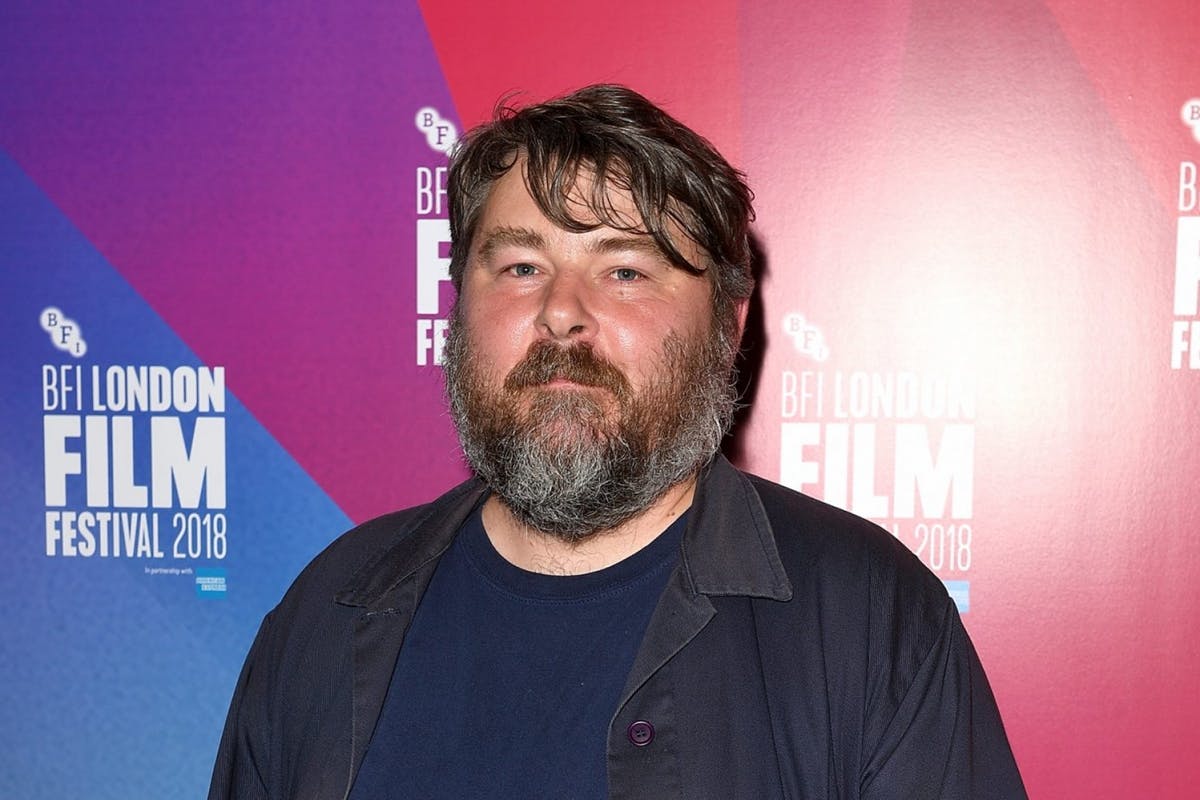
The film intrinsically British, but at the same time I saw shades of Festen in there. Looking back over your career, there does seem to be European influences in there – has that always been a reference point for you?
Yeah, but I’d say that the influence on this film was more Altman’s A Wedding than it is Festen. They are all part of a larger sub-genre of people in houses having a row films, which there are a lot of, which also includes all of the adaptations of Agatha Christie stuff that aren’t on trains, and Exterminating Angel and Gosford Park, so I think the Festen side of it is valid, but it’s not the only film, there are a lot of movies that are like that, and that’s what we thought when we put it together. There are superficial things that are similar, the aliveness of it, the setting of it, and that it’s a family, but beyond that the actual plot and what everyone is saying is a completely different thing.
Did you set out to make a movie that had a quite heavy political undercurrent to it? Or do you think that if you’re making a film that is set in contemporary Britain that it’s almost an inevitability that it will exist due to the current climate?
Well yeah anything that has a reality to it, the current moment is quite political and people are talking about it all the time, so you can’t really make a film that isn’t talking about it to some degree and reflecting it. But I think all the films I’ve made are like that, Kill List certainly is and Down Terrace certainly was. I don’t know what a drama is that doesn’t talk about the current moment.
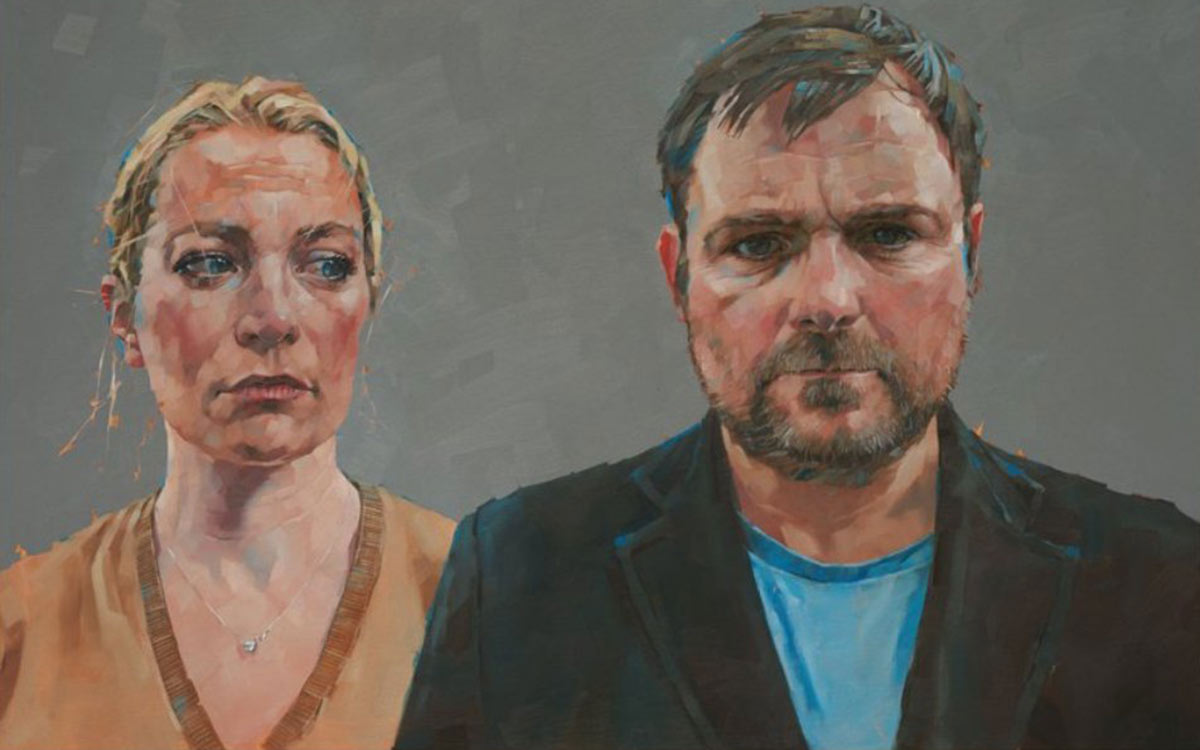
This felt like it was slightly stripped down after High Rise and Free Fire, and more akin to Down Terrace and Kill List, did it feel like a conscious movie to retreat back to your first two features?
It wasn’t a retreat, more that I’d made three films in a row that were period, A Field in England, High Rise and Free Fire were all not in the contemporary setting and I felt I’d been away for too long, and wanted to get back and do something that was about now. I also wanted to make something on more of a human scale that I could relate to, that didn’t sit inside a big metaphor or inside a genre.
I find there to be something quite profound and almost quite sad about New Year’s Eve. What was it about this particular setting that appealed to you as a storyteller?
It is a weird one, we are enforced and told that it’s a good time when its often not. Personally I don’t celebrate it, and haven’t done for years because of that. It’s a broader celebration that say a birthday, so it’s not all focused on one person, there’s an equality to it, and it’s not a religious holiday as well so that was kind of useful. But also, specifically how fucking terrible this year has been it was interesting.
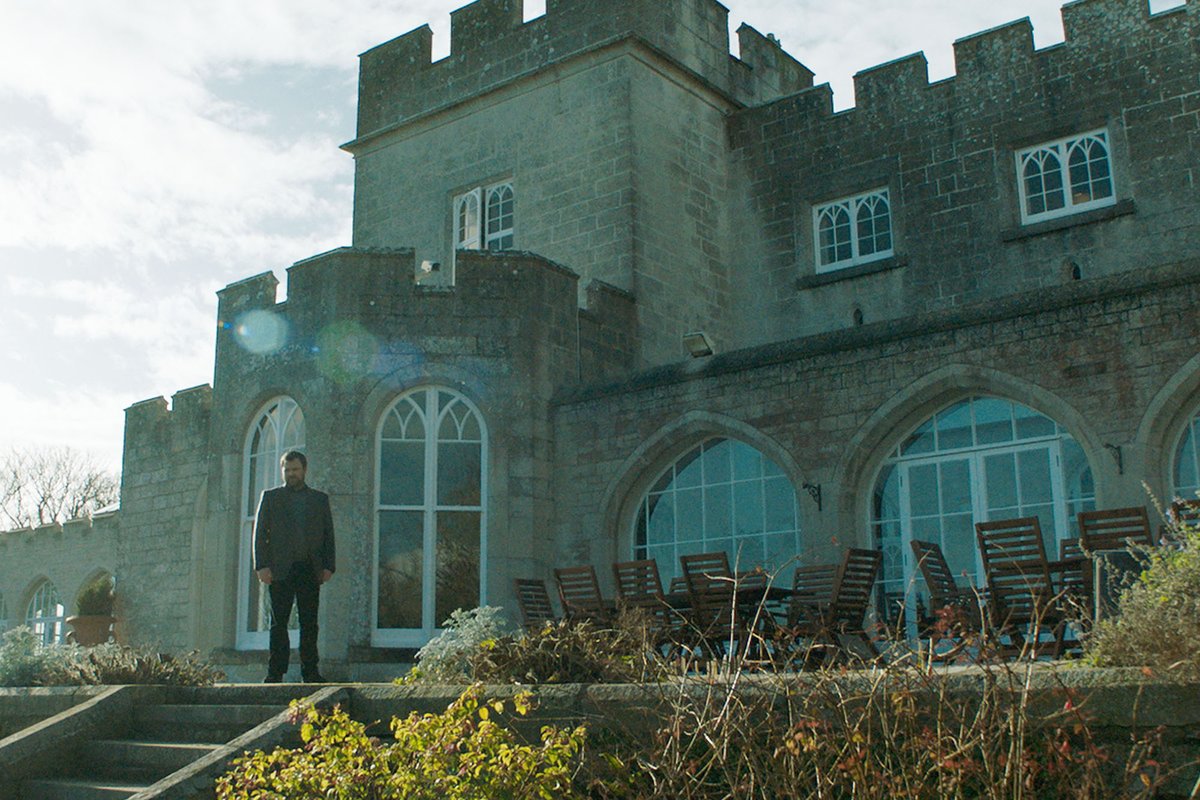
There’s a rawness and an honesty to the family dynamic, and it’s something you’ve explored before in your films. It must give you so much room for truth in your films?
Yeah, I think that idea for this film was to strip away genre, and strip away metaphor and just get down to what it is. The things that maybe worked better in some of the other films were those moments, and the family moments and the human drama are the things I wanted to explore more.
Neil Maskell is terrific in the film, but I feel like we need to wait for a Ben Wheatley film to see him given a great role. What is it about him that keeps drawing you back to collaborating with him?
Well just that he’s a really great actor, it’s a bit of a glib answer but it’s a thing. A lot of the work I do, and lot of directing is casting and when you’ve got someone who is really good you’d be a fool not to want to work with them again, and specifically with this, to write stuff for them. I don’t look at actors in terms of what they’ve done or pursuing those kind of roles they’ve done in the past necessarily, I look at them as people more, and if you’re cast from being in other roles that are similar then you get a particular type of role that happens again and again, but with Neil I think he could anything really. It’s just thinking of where I want to see him next. That’s why I think, when you say he seems to be interesting roles in my stuff, it’s because of that.
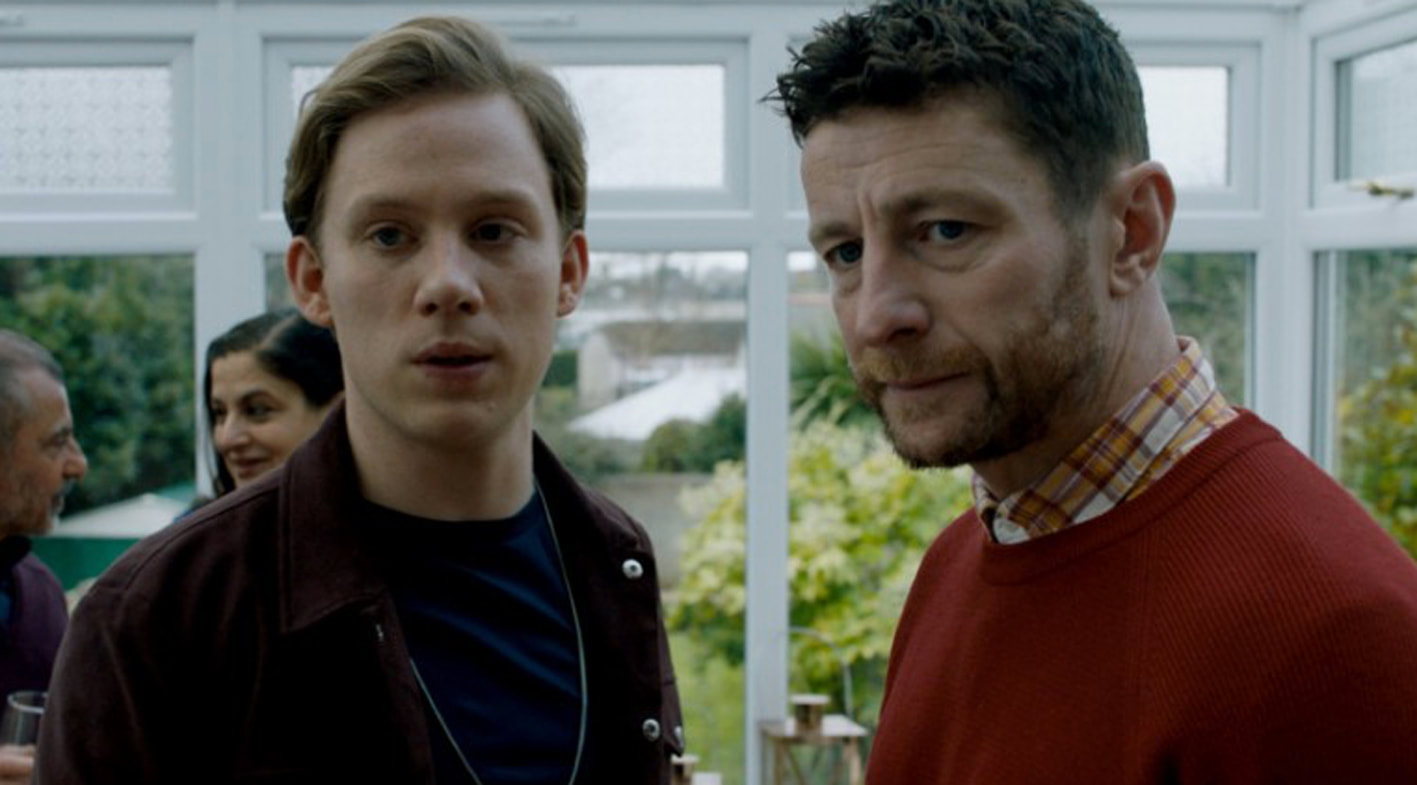
The film also addresses class – and it feels like that’s something we don’t talk about enough in British cinema, why do you think it is?
Maybe it’s because people don’t see it as entertainment, and it’s more like something that lives in television, or used to. I dunno. I think there’s space for it, and as much as I enjoy genre movies and I watch a lot of genre movies, for me I felt like I hadn’t looked at that side of my own self and wanted to find it in this film.
In the closing credits we see you all dancing together and one of the things I took from that moment, was that it just seemed like everyone was having a really good time making this film. How important is that?
Yeah, it’s not something that is at the top of agenda, it’s structured and hard work obviously, but I think it is important in creating the atmosphere for the actors to be able to perform at the highest level, that they feel that the space they’re in is trusted. Because acting is such an odd phenomena and is against everything that we’ve been culturally taught, because we’re basically taught from childhood not to reveal anything, and acting is going completely the other way and all it takes is quite a sniffy attitude on set to make people not be able to perform properly. So that friendliness and family feeling is very important for the films I’ve made, and that’s why you see the performances being so good from that. I’ve never had a film where people have been miserable, or cross on set. I’d hate to be in that situation, touch wood that wouldn’t happen, but I don’t believe in that thing that great art comes out of some kind of weird horrific struggle, that sounds like a cover.
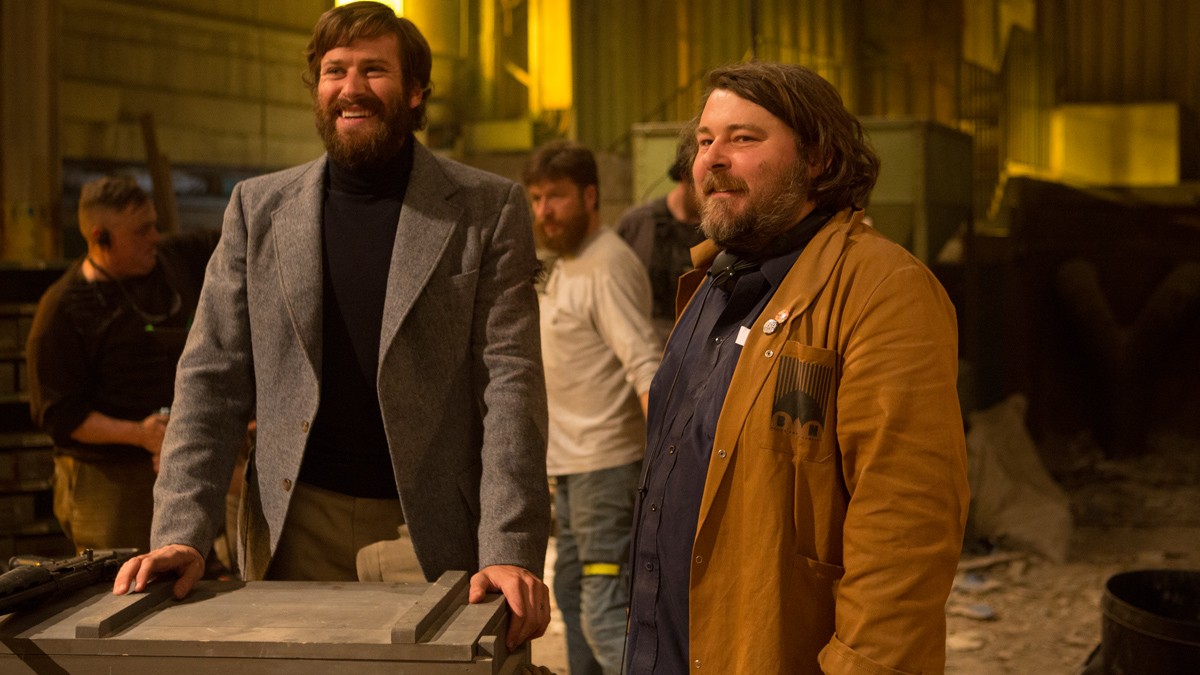
So this is playing out on the BBC, and A Field in England was also released in cinemas on the same day it was on Film4. You’re obviously happy to embrace the idea of your films being on the smaller screen. Why is that? Is it because more people will see it – is that just the most important thing for you?
Yeah, but I think if you step back in the question, when you say the small screen, it just isn’t that small anymore. That’s the difference and that’s the last few years, the screens are massive now and really good and really high quality and the sound is high quality, so a lot of the elements that were making a definite mark and difference between the experiences are going away. But also there’s no point making things if they’re not seen. I always find, having made independent movies over the last 10 years, that cinema itself is such a cultural phenomenon that it’s massively over-reported for the amount of people who go and see it. If you look at the television paper and see the reviews of stuff on TV, which is a lot of material every night, you’d be lucky to get like four lines or something, and yet cinema reviews are featured heavily in papers, for things that people are barely watching, in the thousands. That’s always felt a bit odd. So once you can tap into that big audience you have a chance of the film having a cultural half-life and that’s kind of where you want to be, to get inside that conversation. That’s why, with a film like A Field in England, if that had just been a cinema release it would’ve been on about five screens and nobody would have ever seen it, it would have no life after its release. Whereas as it was released on Film4 the way it was, it’s one of the films that people talk about the most, which is great for such a small, humble little film to be able to punch that high, it’s good.
You’re readapting Rebecca, and in turn, while I know this isn’t what it is, people may perceive it as remaking Hitchcock, even though it isn’t that. So how will your movie differ from the Hitchcock version?
It’s not a remake of Hitchcock, I don’t know what that would even be. The source material is totally different. The source material is the thing, if you’re remaking Hitchcock you’d have to be making it shot for shot, which is a different thing. So no, that’s that question ducked.
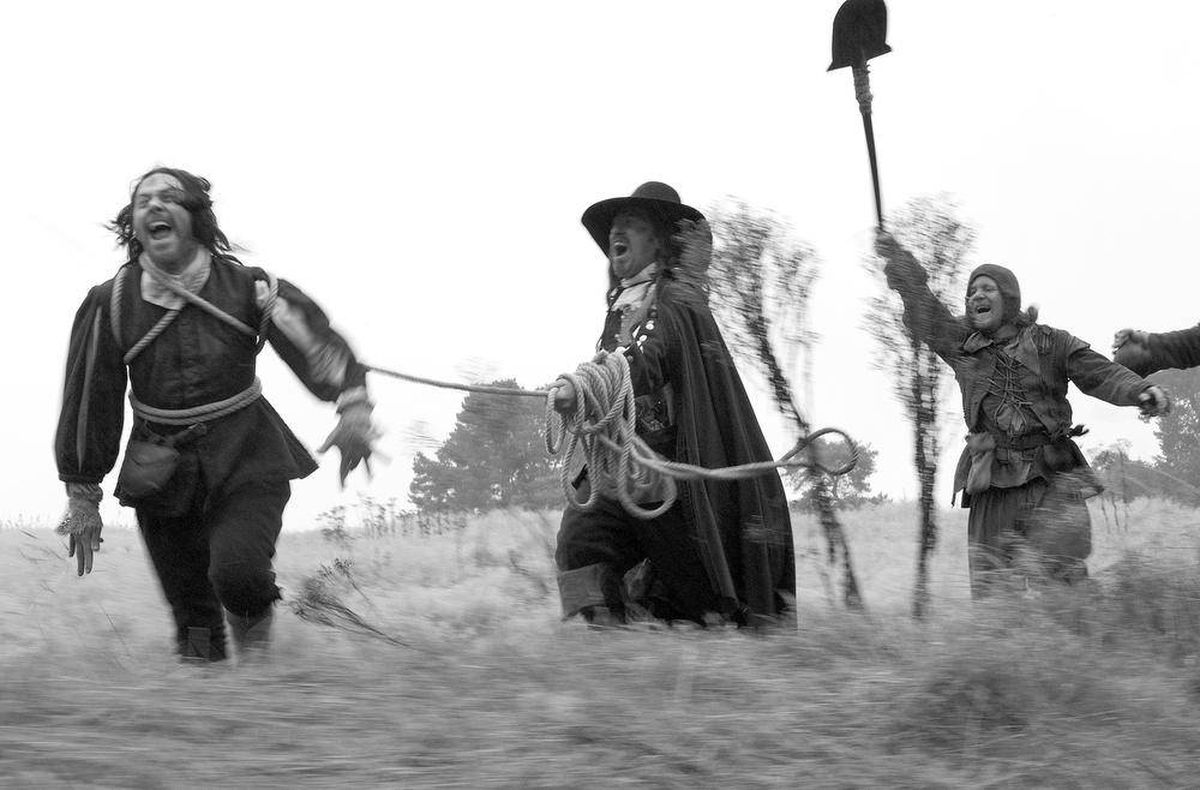
I agree, I don’t see it as that, it’s just when it was announced, on Twitter that’s instantly the first thing people were comparing it to…
But that’s because the cultural memory only goes back about 10 minutes [laughs].

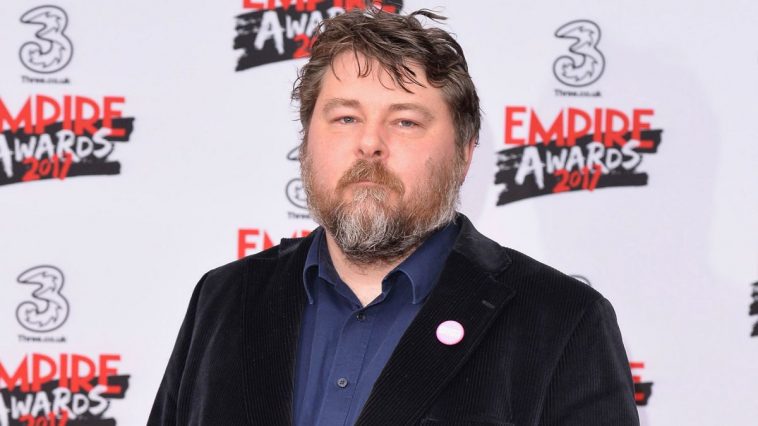

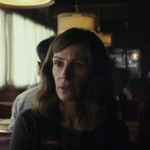


Leave a Comment